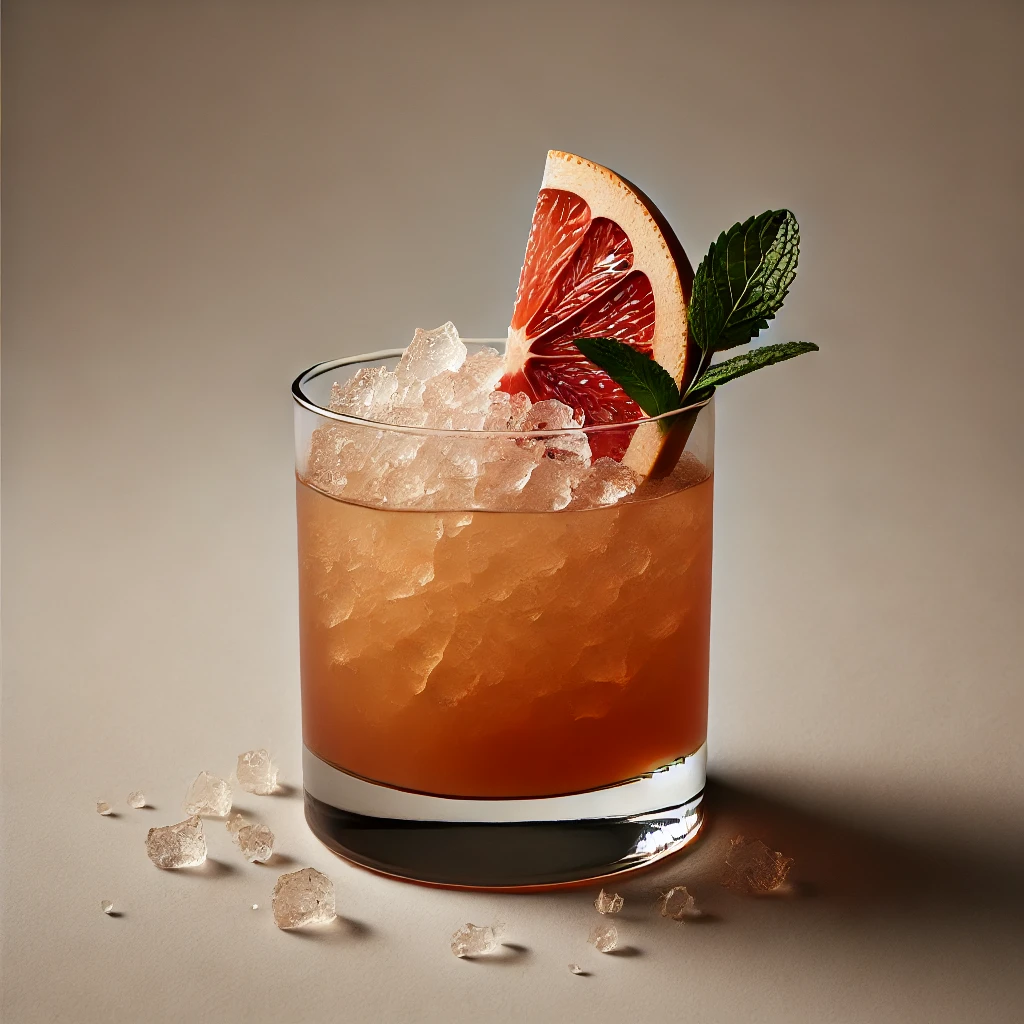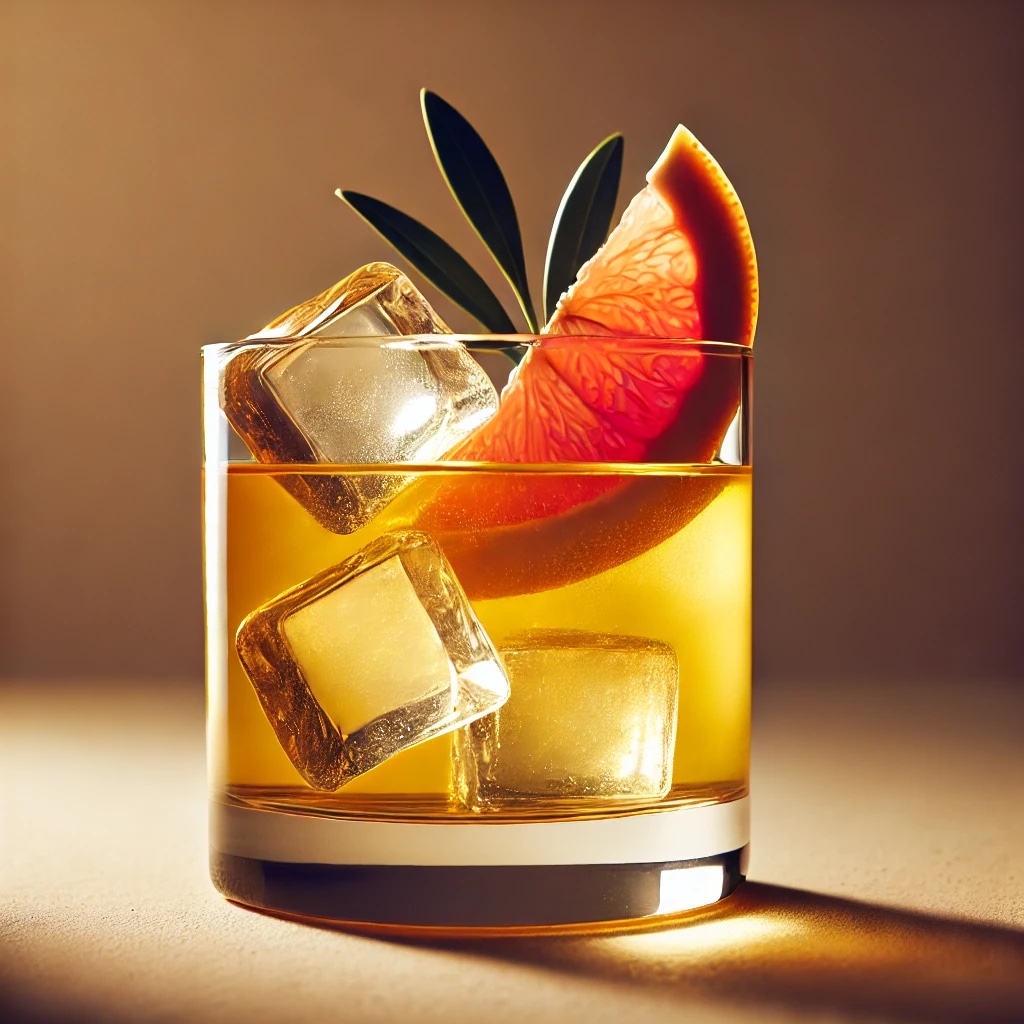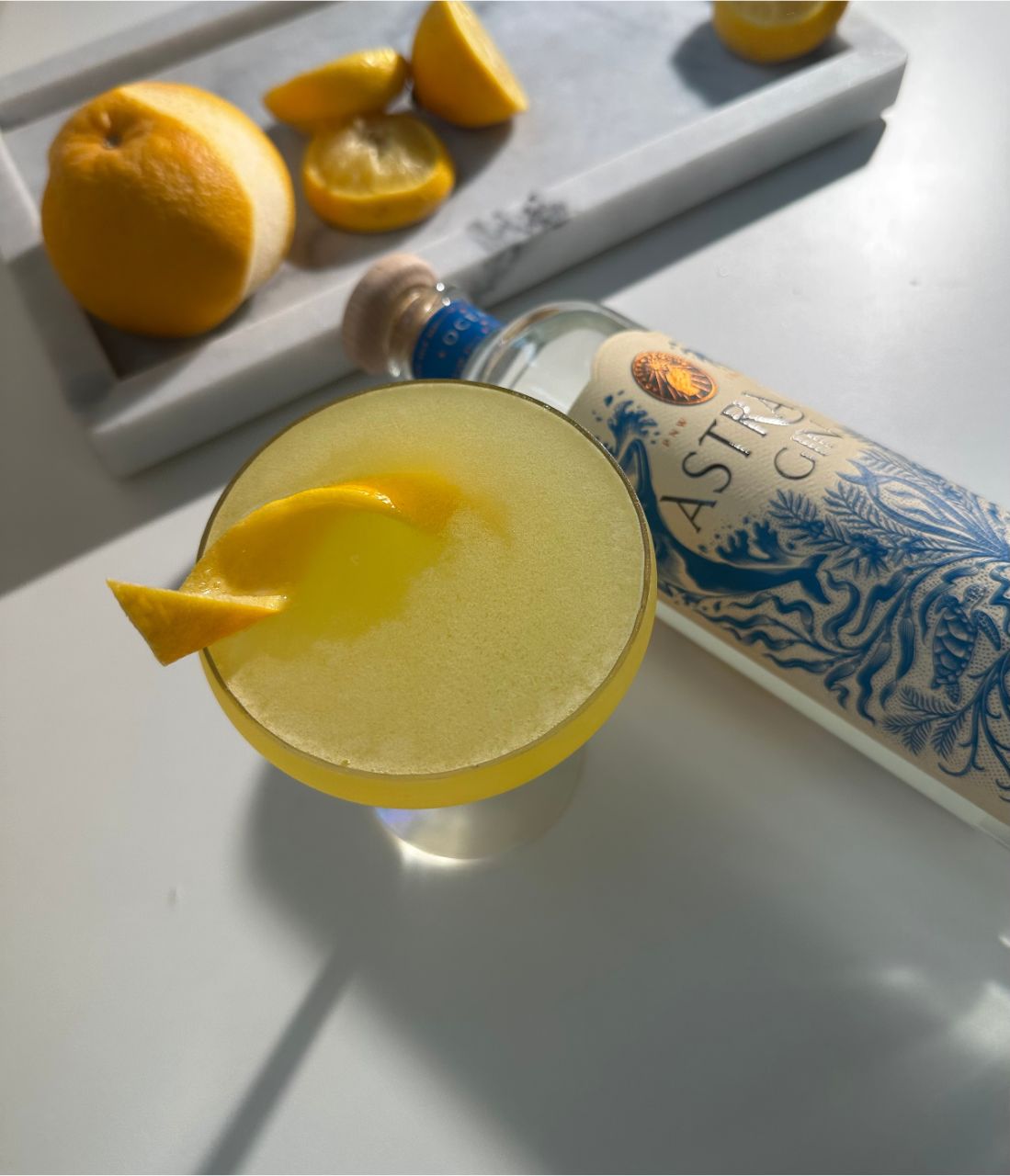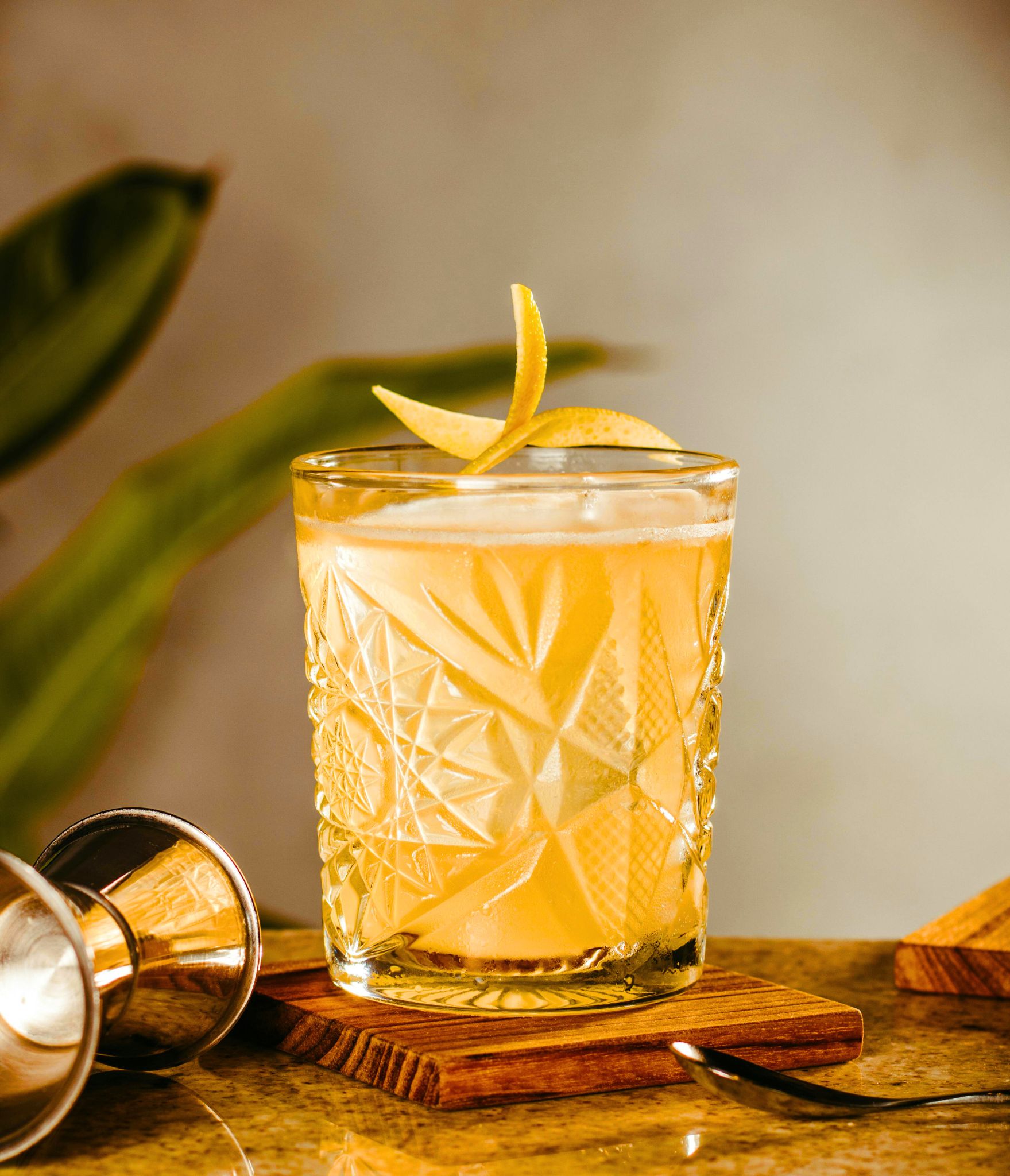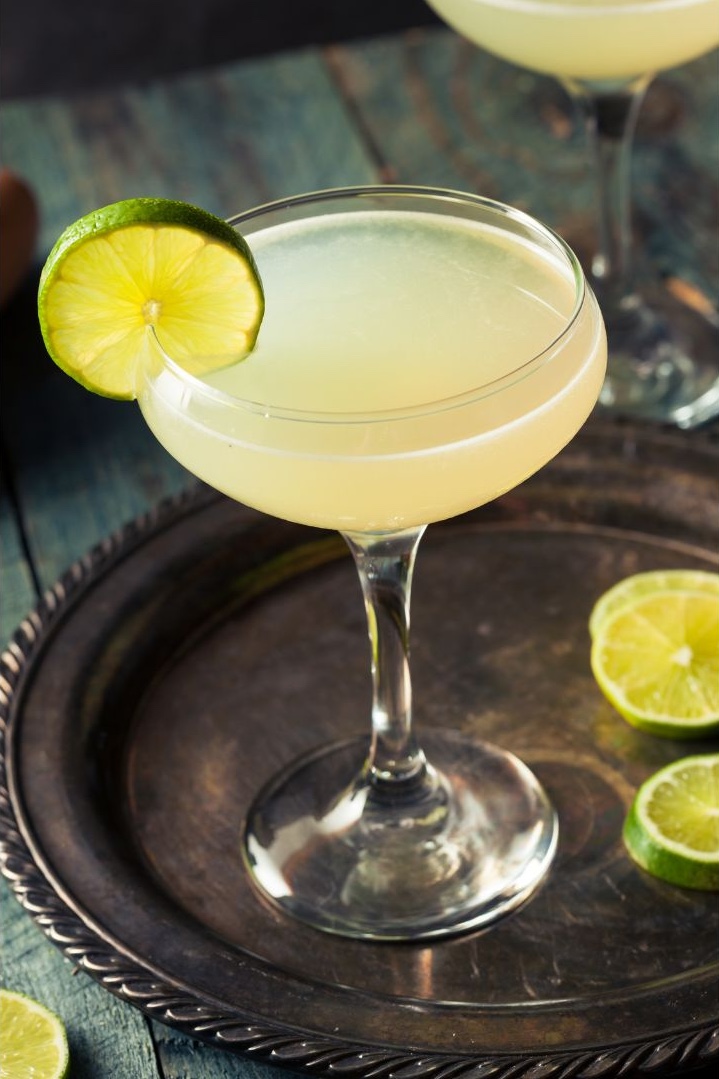
Tour Le Carbet
Ingredients:
-
2 oz Rhum Agricole, like Rhum J.M VSOP
-
0.75 oz John D. Taylor’s Velvet Falernum
-
0.5 oz Suze Aperitif
-
0.75 oz fresh lime juice
-
Lime wheel or twist, for garnish
Directions:
Put rhum agricole, falernum, lime juice, and Suze in a cocktail shaker.
Add ice and shake well.
Double strain into a cocktail glass.
Garnish as you please with a lime wheel or twist.



